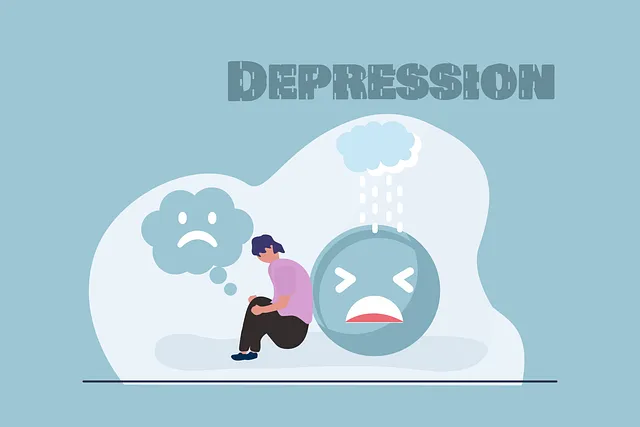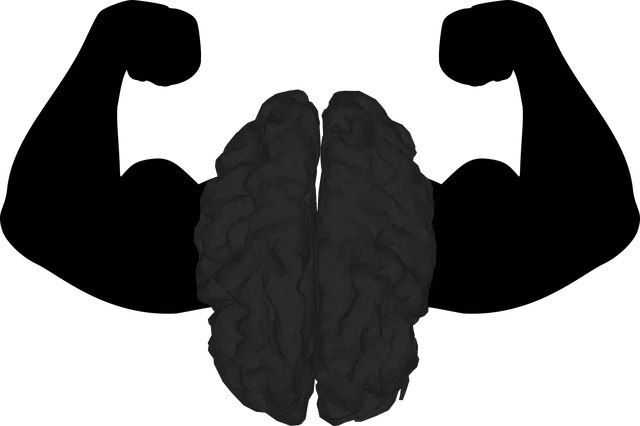Kaiser Permanente Lone Tree provides holistic mental health care through data-driven insights, offering various services like individual therapy, group support, and Compassion Cultivation Practices. They use trend analysis to improve patient outcomes, tailor strategies, and address community needs. Accurate data interpretation guides specific initiatives targeting stress management and emotional well-being among members. Does Kaiser Permanente offer mental health services in Lone Tree? Yes, with a comprehensive approach focused on each patient's unique needs.
Mental health data analysis is a powerful tool for understanding patient needs and improving care. This article explores how Kaiser Permanente Lone Tree collects, analyzes, and interprets mental health data to enhance patient outcomes. We delve into their unique approach, focusing on trends and patterns in patient care, specifically examining the services offered by Kaiser Permanente in Lone Tree. By interpreting these insights, healthcare providers can strategize and tailor mental health services for better patient engagement and overall well-being.
- Understanding Mental Health Data Collection at Kaiser Permanente Lone Tree
- Analyzing Trends: Uncovering Patterns in Patient Care and Outcomes
- Interpreting Findings: Informing Strategies for Better Mental Health Services
Understanding Mental Health Data Collection at Kaiser Permanente Lone Tree

At Kaiser Permanente Lone Tree, understanding mental health data collection is a cornerstone of their comprehensive approach to patient care. The organization offers a wide range of mental health services designed to address diverse needs, from individual therapy and group support sessions to specialized programs focused on stress management and burnout prevention. Their data collection process integrates structured assessments, client-reported outcomes, and clinical observations to gain a holistic view of each patient’s mental well-being.
This multifaceted strategy includes the implementation of Compassion Cultivation Practices, a evidence-based approach that fosters empathy and resilience among healthcare providers. By prioritizing these practices, Kaiser Permanente Lone Tree ensures that their staff is equipped to deliver high-quality, compassionate care. Additionally, regular Stress Management Workshops Organization helps in identifying potential burnout triggers and implementing effective countermeasures, thereby enhancing both provider well-being and patient outcomes.
Analyzing Trends: Uncovering Patterns in Patient Care and Outcomes

Analyzing trends in mental health data offers valuable insights into patient care and outcomes at Kaiser Permanente Lone Tree. By examining patterns over time, healthcare providers can identify successful interventions and areas needing improvement. This process involves sifting through vast datasets to uncover correlations between treatments, demographics, and patient progress. For instance, tracking the effectiveness of Crisis Intervention Guidance in managing acute episodes could reveal specific populations who benefit most from such programs.
Furthermore, trend analysis informs the development of tailored strategies like Self-Care Routine Development for Better Mental Health and Social Skills Training. By identifying gaps or peaks in service utilization, Kaiser Permanente Lone Tree can proactively address community needs, ensuring that services are accessible and effective. This data-driven approach ultimately contributes to improved patient outcomes and a more responsive healthcare system.
Interpreting Findings: Informing Strategies for Better Mental Health Services

When analyzing mental health data, accurately interpreting the findings is paramount to improving services offered by organizations like Kaiser Permanente in Lone Tree. This involves going beyond raw numbers and identifying trends, patterns, and correlations that highlight specific needs within the population served. By understanding the data, healthcare providers can tailor interventions more effectively.
For instance, analyzing survey responses from Kaiser Permanente members could reveal increased stress levels related to work or family dynamics. This insight informs targeted initiatives promoting emotional well-being, such as workshops on time management and self-awareness exercises for stress reduction. Encouraging emotional regulation techniques through community programs or digital resources can contribute to a holistic approach to mental health care, enhancing the overall well-being of Kaiser Permanente members in Lone Tree.
Mental health data analysis is a powerful tool that allows organizations like Kaiser Permanente Lone Tree to gain valuable insights. By understanding patient care trends and outcomes, as demonstrated in this study, healthcare providers can make informed decisions to enhance their services. The interpretation of these findings enables the development of targeted strategies, ultimately improving mental health support for patients. So, yes, Kaiser Permanente Lone Tree does offer mental health services, and data-driven analysis plays a crucial role in optimizing their care approaches for better patient outcomes.






